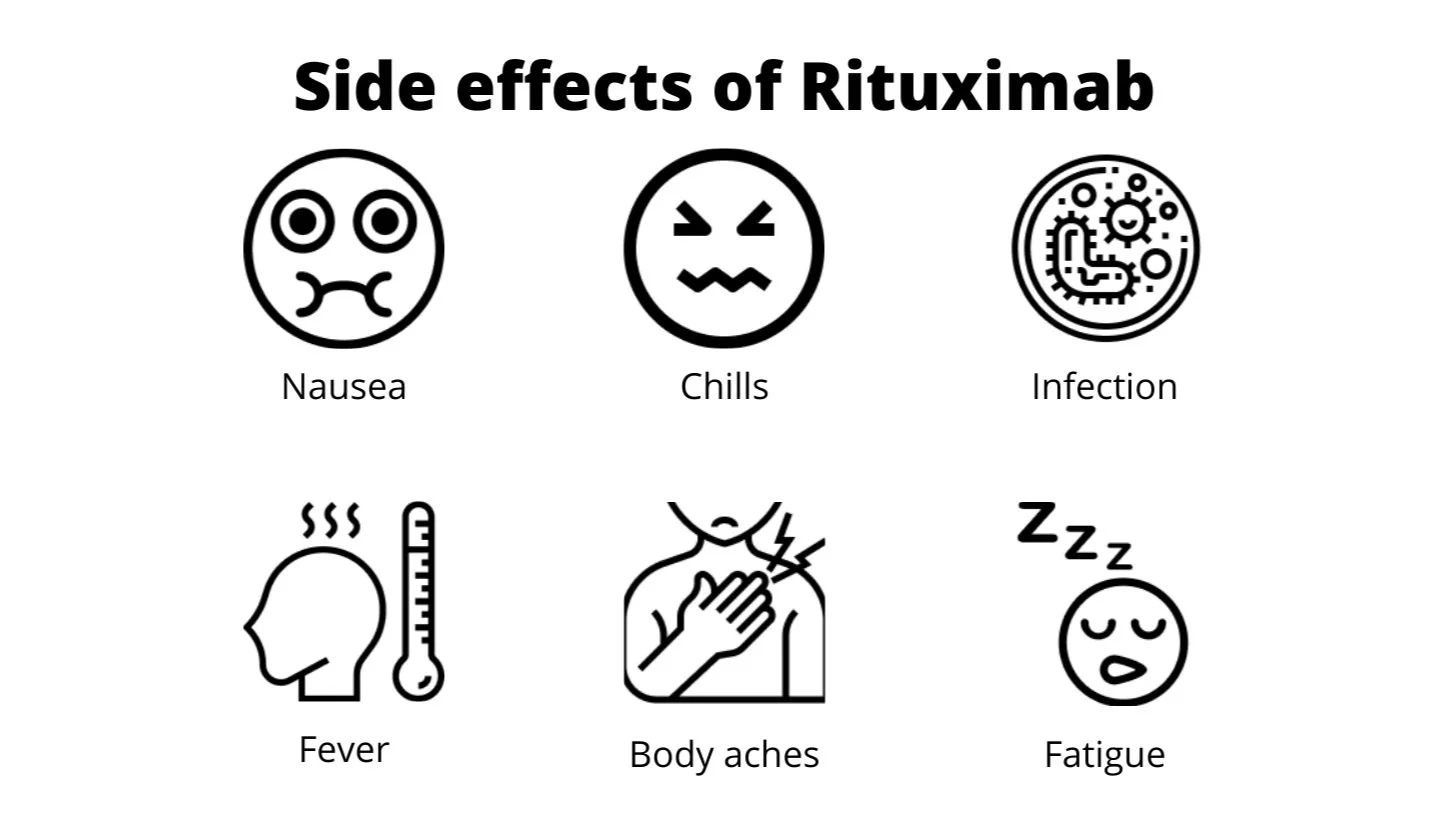How to Manage Autoimmune Hemolytic Anemia
Treating Autoimmune Hemolytic Anemia
Because the condition varies so much, there is no single treatment for everyone with autoimmune hemolytic anemia (AIHA). But in all cases, the main goals of treatment are to:
Stop the destruction of red blood cells
Increase red blood cell count
Treat underlying conditions
Doctors consider many factors when choosing the best treatment for each person with AIHA:
Is the aiha primary (of unknown cause) or secondary (related to an underlying condition)?
Is it warm-antibody aiha or cold-antibody aiha?
How severe is the anemia?
Is there an underlying condition that must also be managed?
Potential Treatments for Autoimmune Hemolytic Anemia
Corticosteroids
Corticosteroids are used as a first-line treatment for most cases of warm-antibody AIHA. Corticosteroids suppress the immune system’s production of antibodies. High doses are given at first, then the dose is gradually reduced over a period of weeks or months.
Corticosteroid therapy can help most people with warm-antibody AIHA, but the results may be temporary. As many as half of people may need repeat treatment with corticosteroids. Another important use of corticosteroids is to reduce inflammation.
Examples of Corticosteroid Drugs
Prednisone
Prednisolone
Methylprednisolone
Rituximab
Rituximab is a type of monoclonal antibody drug called a biologic. Rituximab was originally developed as a treatment for blood cancers such as leukemia and lymphoma. It is also used to treat certain autoimmune disorders, such as rheumatoid arthritis. For AHIA, rituximab is given in low doses, either alone or in combination with corticosteroids.
Surgery
Surgery to remove the spleen, called splenectomy, may be effective when other treatments are unsuccessful. Removing the spleen can help prevent the premature destruction of red blood cells that happens with AIHA.
A splenectomy is most often performed laparoscopically (through a tiny incision in the abdomen) but may also be done as an open procedure involving a larger incision. After an open procedure, you may have to spend some time recovering in the hospital. Complete recovery takes about 4 to 6 weeks. Recovery time after a laparoscopic procedure is usually faster.
Possible Complications of Surgery
The spleen is part of the immune system. While a person can live a normal life without a spleen, you may be more vulnerable to infections after a splenectomy. Complications of the surgery itself can include bleeding, blood clots, and serious post-surgical infections.
Stronger Immunosuppressant Drugs
Powerful drugs that suppress the function of the immune system may be an option when AIHA does not respond to other therapies.
Examples of immunosuppressant drugs
cyclosporine
cyclophosphamide
azathioprine
mycophenolate mofetil
Blood Transfusions
A blood transfusion may be necessary if a person’s blood becomes too anemic. However, blood transfusions do not treat the cause of the anemia and provide only temporary relief.
References:
Barcellini W, Zaja F, Zaninoni A, et al. Low-dose rituximab in adult patients with idiopathic autoimmune hemolytic anemia: clinical efficacy and biologic studies. Blood. 2012; 119(16): 3691–7.
Barros MMO, Blajchman MA, Bordin JO. Warm autoimmune hemolytic anemia: recent progress in understanding the immunobiology and the treatment. Transfus Med Rev. 2010; 24(3): 195–210.
Hill QA, Stamps R. Massey E, et al. The diagnosis and management of primary autoimmune hemolytic anemia. BJH. 2017; 176: 395–411.
Michel M. Classification and therapeutic approaches in autoimmune hemolytic anemia: an update. Expert Rev Hematol. 2011; 4(6): 607–18.
Michel M. Warm autoimmune hemolytic anemia: advances in pathophysiology and treatment. Presse Med. 2014; 43: e97–104.
Michel M, Terriou L, Roudot-Thoraval F, et al. Randomized and double-blind controlled trial evaluating the safety and efficacy of rituximab for warm autoimmune hemolytic anemia in adults 9the RAIHA study). Am J Hematol. 2017; 92: 23–7.
Seve P, Phillipe P, Dufour J-F, et al. Autoimmune hemolytic anemia: classification and therapeutic approaches. Expert Rev Hematol. 2008; 1(2): 189-204.
Zanella A, Barcellini W. Treatment of autoimmune hemolytic anemias. Haematologica. 2104; 99(10): 1547–54.


































